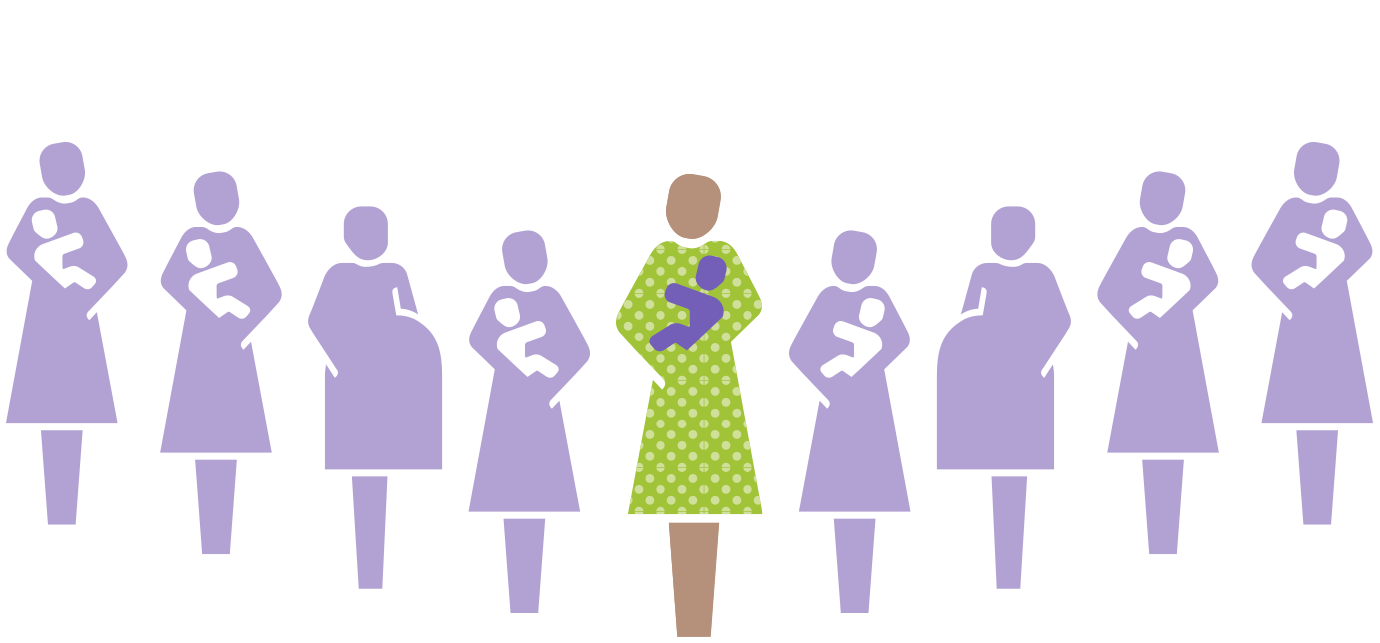University of Iowa
University of Iowa
Women veterans are increasing in numbers and these women often leave active military service during their prime childbearing years. It is not uncommon for these veterans to suffer from depression, anxiety, and posttraumatic stress disorder. Those who become pregnant have an increased likelihood of having a mental health issue, which puts them at a higher risk for postpartum depression. In addition, women in rural areas often don’t seek out or have access to mental health care. It is important to support women veterans by giving them accurate information as well as treatment options that are accessible, acceptable, and effective. One such intervention is MomMoodBooster (MMB), an online program designed to help women cope with perinatal depression.
Dr. Michael O’Hara of the University of Iowa (UI) has partnered with the Veterans Administration to implement the MMB program, including supportive phone-based coaching provided by trained UI graduate students supervised.
Contact:
Co-Director, Iowa Depression and Clinical Research Center
Professor & Starch Faculty Fellow, Department of Psychological and Brain Sciences, University of Iowa
Already using MomMoodBooster? Sign in to Your Account
MomMoodBooster How it Works
You will receive 6 weekly sessions that help you improve your mood by giving you strategies to:
- Identify negative thoughts and how to overcome them
- Increase positive thoughts to feel better
- Do more pleasant activities to regain balance in your life
- Get helpful support from others
- Use tools to keep track of your mood
MMB also sends reminders, has a separate website for your partner, and it is delivered in a secure, reliable way that protects your privacy.
About Us
About 1 in every 9 pregnant and postpartum (perinatal) women experience depression
Research-Driven Treatment Options
In a controlled trial, 79% of depressed women assigned to receive MomMoodBooster were no longer diagnosed depressed at the end of 3 months. By contrast, only 18% of women in usual care were no longer depressed. MMB users also showed a greater reduction in the severity of their depression symptoms. The benefits of MMB have been demonstrated and replicated in research published in peer-reviewed journals.
About UsLearn About One Mom
I felt frustrated, tearful and overwhelmed after my baby was born. I thought I just had baby blues. But, since getting some help, I know that these were signs of postpartum depression.